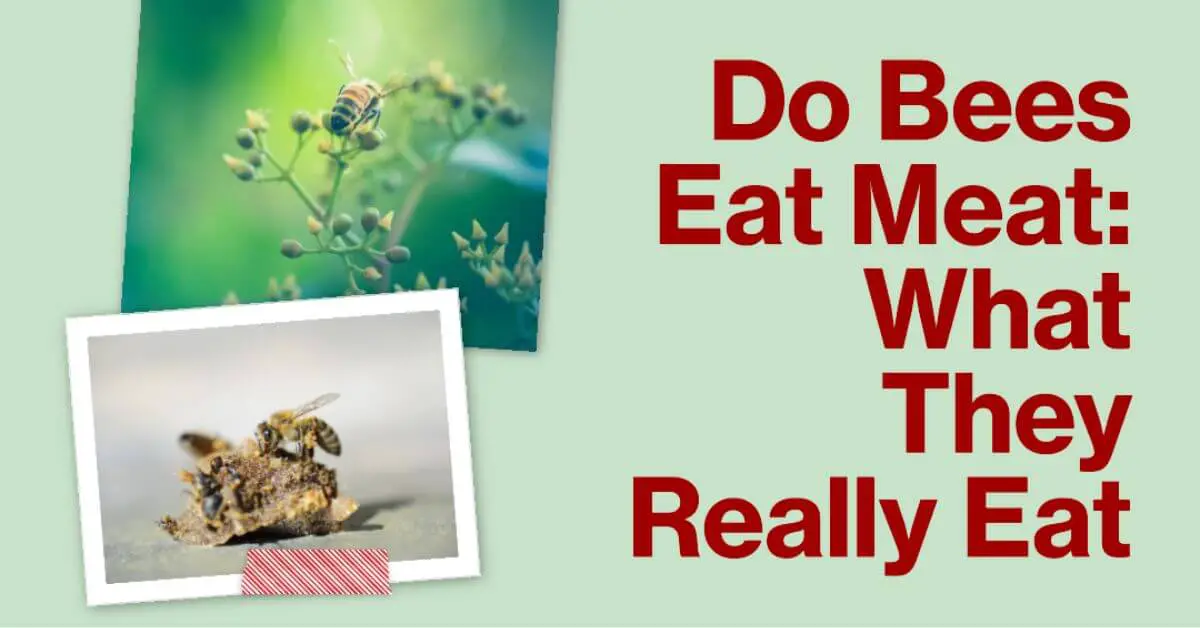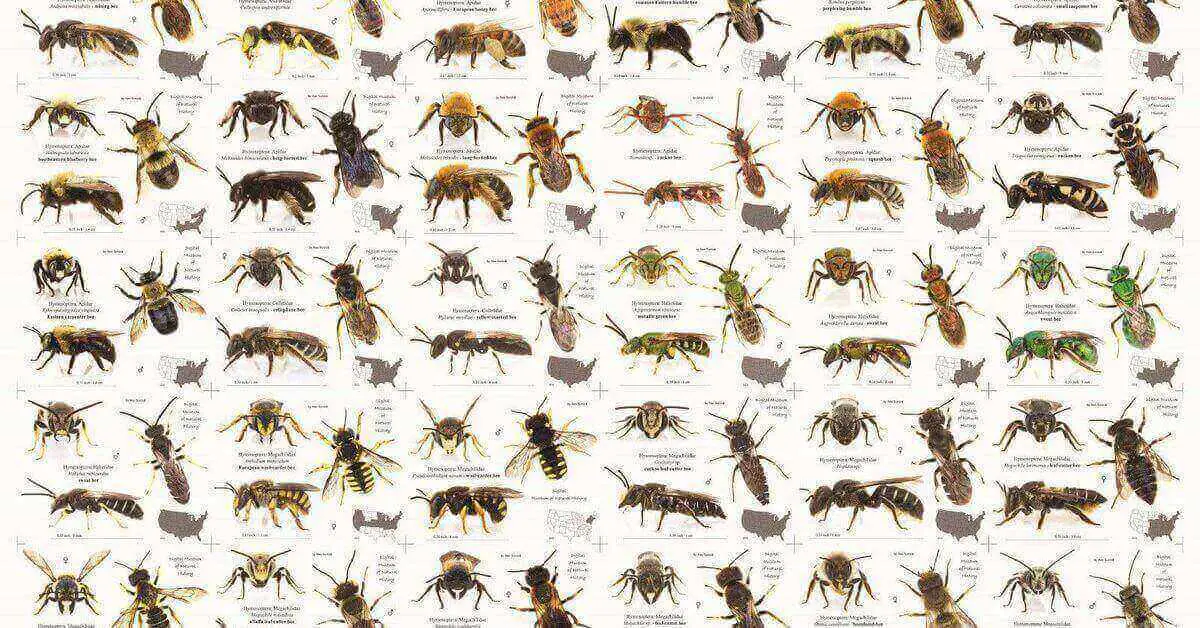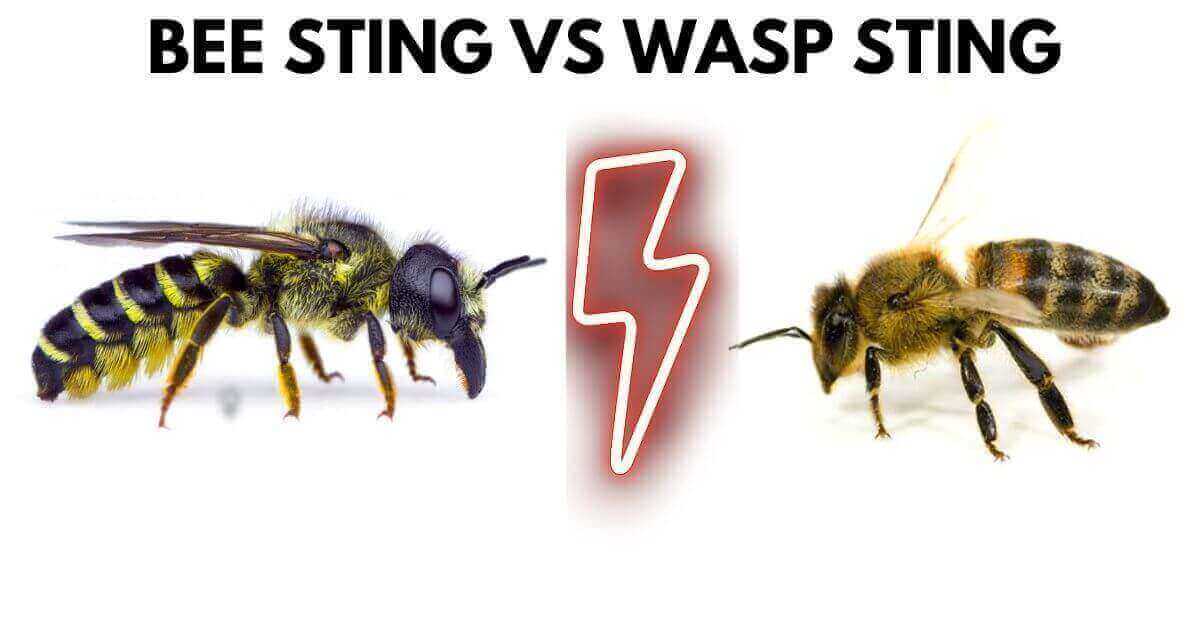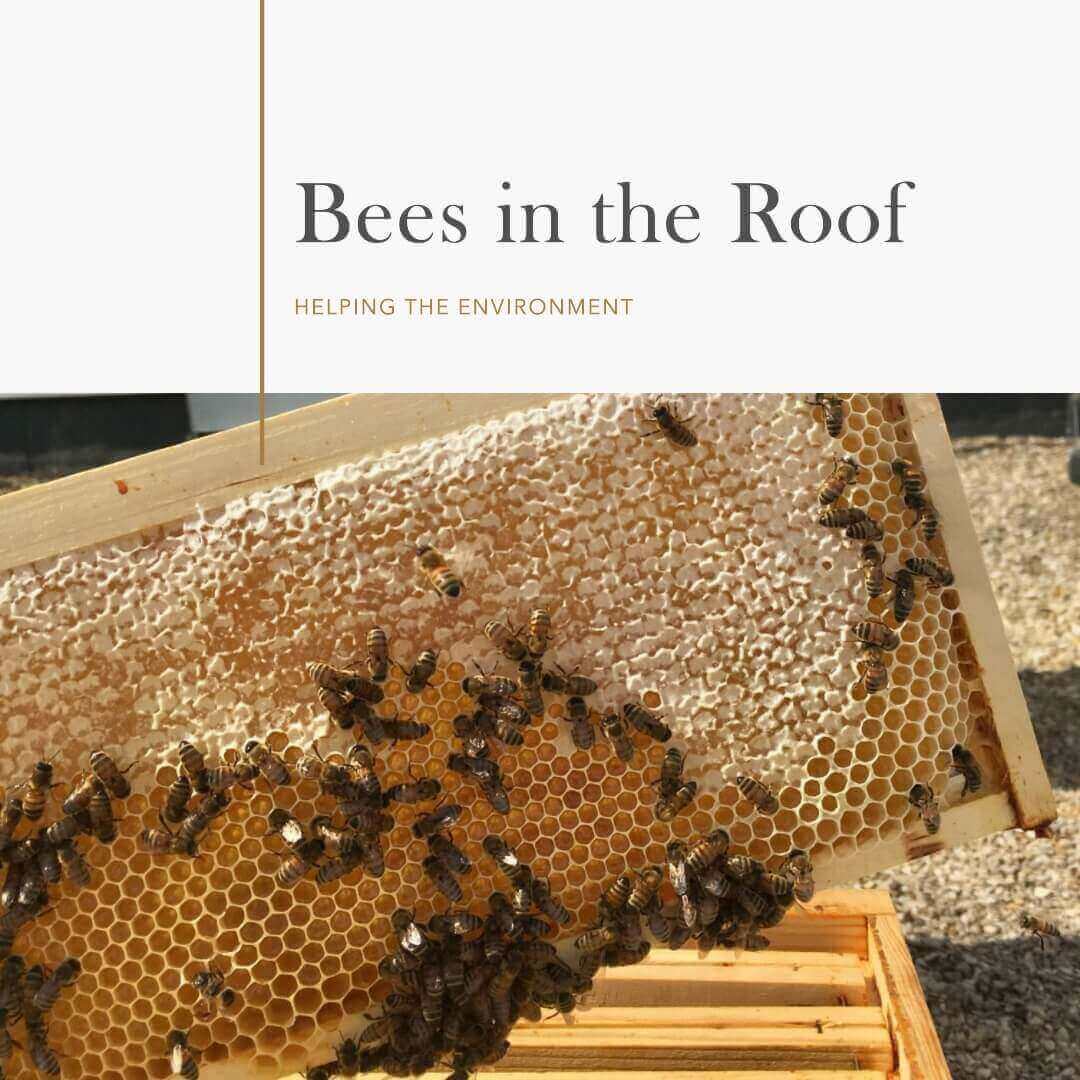No, bees do not eat meat. The diet of bees primarily consists of plant-based foods, such as nectar and pollen, which they collect from flowers. Bees are herbivores and are not equipped to consume or digest meat. Bees are often associated with their crucial role in pollination, aiding in the reproduction of numerous plant species. However, the dietary habits of bees can be surprisingly diverse. While the majority of bee species are herbivores, there are some exceptions. In this article, we will delve into the intriguing world of carnivorous bees, their peculiar eating habits, and whether they consume other insects, including chicken.
Carnivorous Bees
A Surprising Discovery Contrary to popular belief, there are indeed bees that exhibit carnivorous tendencies. These bees belong to specific genera and have evolved unique adaptations that allow them to seek out and consume meat as a part of their diet.
Bees that Eat Meat
Genus Melipona
Also known as stingless bees, some species within the Melipona genus have been observed consuming protein-rich substances like small insects and decaying animal matter.
Genus Centris
Some species of bees within the Centris genus have been found to feed on pollen, nectar, and at times, small insects, including other bees.3
Dietary Benefits of Meat Consumption
Carnivorous bees have adapted to consume meat due to its high protein content. Protein is essential for their survival as it aids in the development of their brood (young bees) and supports the overall health and vigor of the colony.
Do Bees Eat Chicken?
No, bees do not eat chicken. Bees are strictly limited to foraging for protein sources in their natural environments, which consist of small insects, spiders, and decaying animal matter. Chicken is not a part of their dietary repertoire.
Related Posts:
FAQS
No, carnivorous bees are generally not a threat to humans. They prefer to focus on their natural prey, and their stings are rarely harmful to humans unless provoked.
Carnivorous bees use their keen sense of smell and vision to locate potential prey. They may also rely on pheromones and other chemical cues to pinpoint their targets.
No, not all bees within a genus are carnivorous. Dietary habits can vary significantly even within the same genus, with some species being entirely herbivorous.
To attract bees to your garden, you can provide a variety of flowering plants that offer pollen and nectar. This will help attract herbivorous bee species that solely rely on these plant-based food sources.
Conclusion
The world of bees is undoubtedly fascinating, and the existence of carnivorous bee species highlights the incredible diversity within this insect group. While the vast majority of bees remain dedicated herbivores, the presence of meat-eating bees showcases nature’s adaptability and the ever-evolving strategies for survival. Next time you spot a bee buzzing around your garden, take a moment to appreciate the complex web of life that these tiny creatures contribute to.




